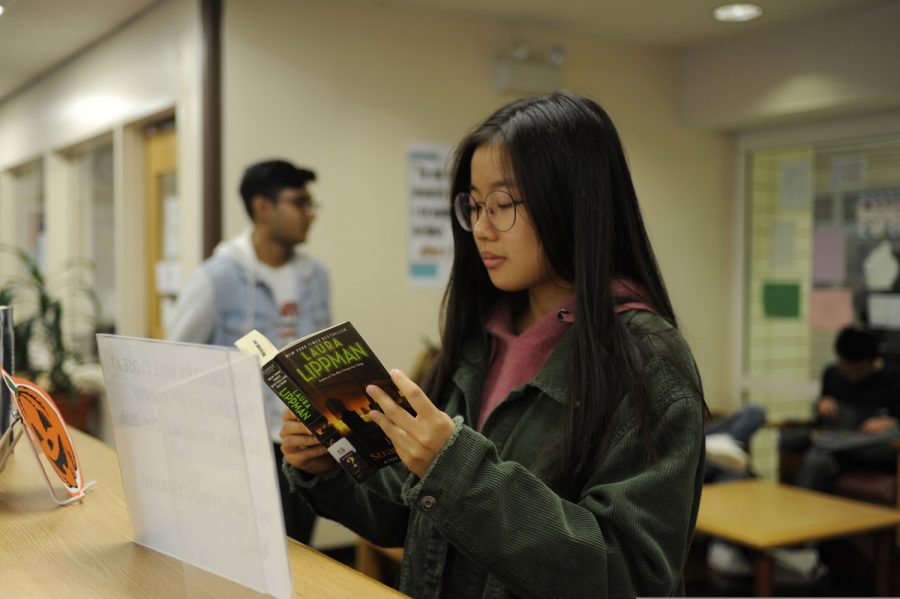An ‘Emergency Library’ During the Coronavirus Pandemic: The Battle Between ‘Internet Archive’ and Authors’ Copyright Protections
Now that schools and libraries are closed, students have to turn to other sources for education and entertainment.
Internet Archive is a digital library that prides itself as “free, universal access to all knowledge.” It includes books, software, videos, and audios that are either free or borrowable. During this time of crisis, Internet Archive decided to launch its National Emergency Library: 1.4 million digitized books would be available to all users, despite some of them being under copyright. It changed its usual policy of one digital copy per person for 14 days to ensure that everyone could borrow the same book at the same time. This policy would last until the end of June 2020. Although it has received positive feedback from schools and students, it has also caused a huge controversy.
Writers like Neil Gaiman and Colson Whitehead have always been against Internet Archive, and many of them are even more offended with this new policy. Gaiman and Whitehead, like many other writers, are a part of Authors Guild, an organization that focuses on copyright protection. The Authors Guild claims that the Internet Archive does not have the copyright to many of their featured books, and they are appalled that it would use COVID-19 as an excuse to completely ignore copyright laws. The Association of American Publishers also criticized the Archive by saying that it has undermined the economy copyright policies support, especially during this economic downfall.
In response to these criticisms, the Internet Archive stated that unlimited lending followed their interpretation of copyright law, and that the Controlled Digital Lending (CDL) concept is reasonable. Through CDL, libraries make sure that they are circulating the exact number of copies of a specific work in order to prevent users from redistributing or copying the digitized version.
Internet Archive’s use of the Controlled Digital Lending concept is problematic because libraries follow this statutory limitation on library lending, but the Internet Archive has removed “lending” as one of their policies by allowing multiple people to have access to the same books at the same time. On top of the wrongful application of the CDL, Internet Archive claimed that because users need technology to have access to digital books, there are limitations to its accessibility.
Readers also have to return the books after 14 days before renewing, so they do not have unlimited access. Despite those “legal” justifications, many people disagree with their argument. “I think without the consent of the writers, Internet Archive does not have the right to put books online for free. The books and writing are a form of intellectual property, and without authors’ consent they are rendered as public goods, which is not what the Controlled Digital Lending concept is about,” said Annie Wang ’20. None of Internet Archive’s justifications address the criticism that it does not have licensed ebooks from the publishers. Because of this, none of the writers are being financially compensated for the borrowing through Internet Archive.
During this time of crisis with the Coronavirus pandemic, it is important to protect writers so that they can sustain a living. Some people argue that the Internet Archive has exploited their resources, and there might be a big legal battle waiting. Despite Internet Archive’s good intentions of making universal knowledge free, there has to be a compromise between the Internet Archive and the authors in order to benefit both the writers and those in need of academic enjoyment.
During this time of crisis with the Coronavirus pandemic, it is important to protect writers so that they can sustain a living.
Caroline Wang is the People Section Editor for ‘The Observatory’ and a Staff Reporter for ‘The Science Survey.’ She enjoys journalistic writing...
Saira Billah is a Chief Graphic Designer for ‘The Observatory’ yearbook. She takes candid photos and edits photos for the school's yearbook. Saira...











